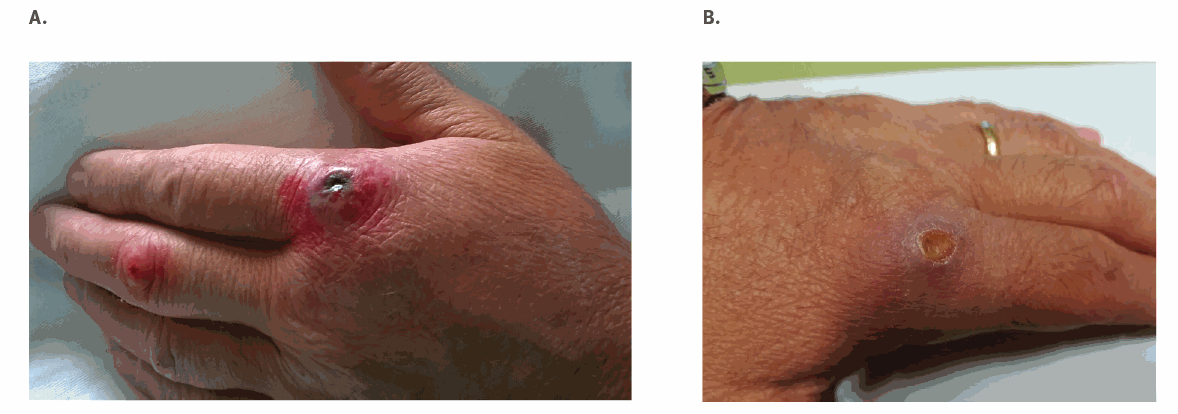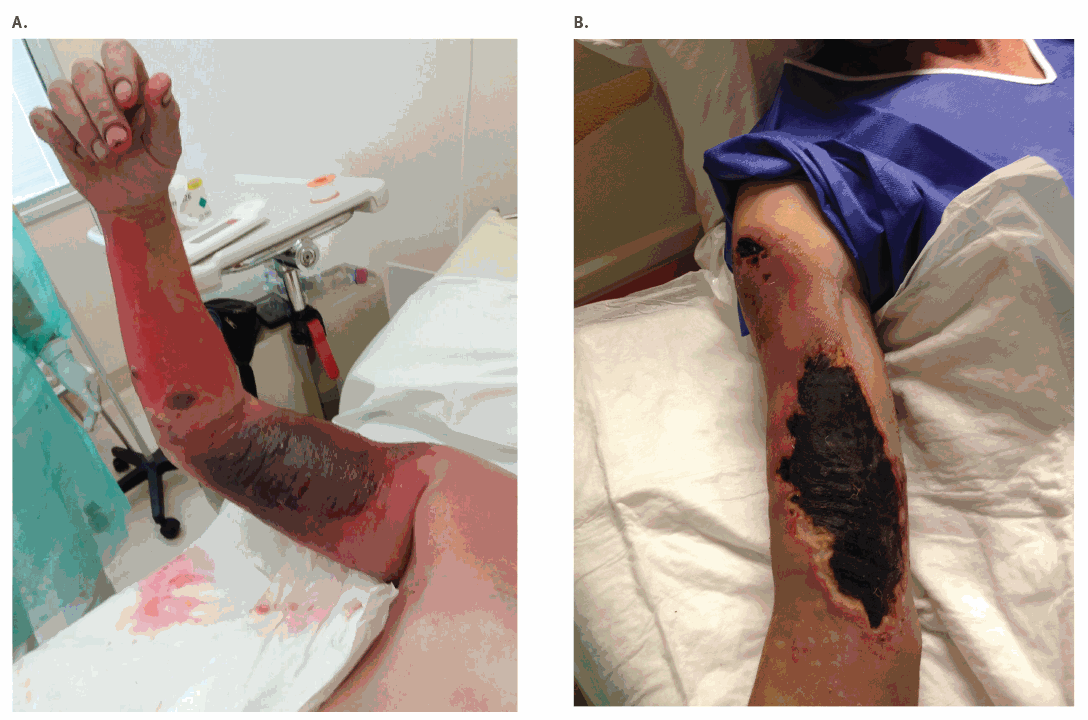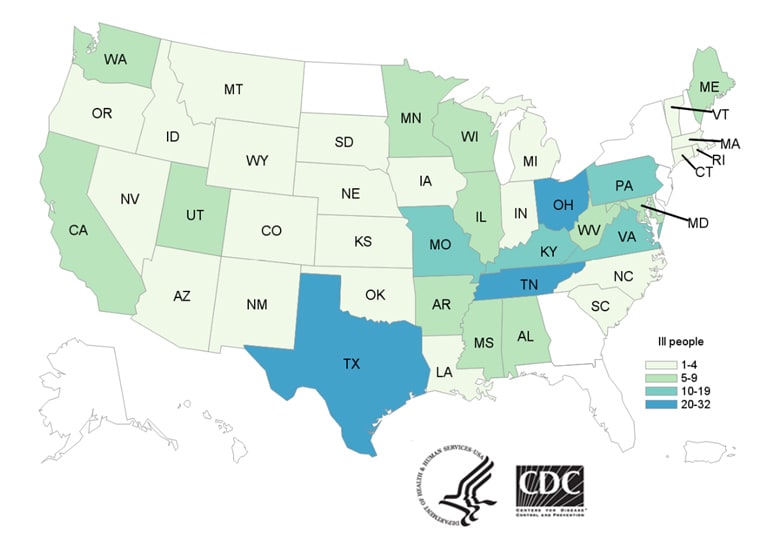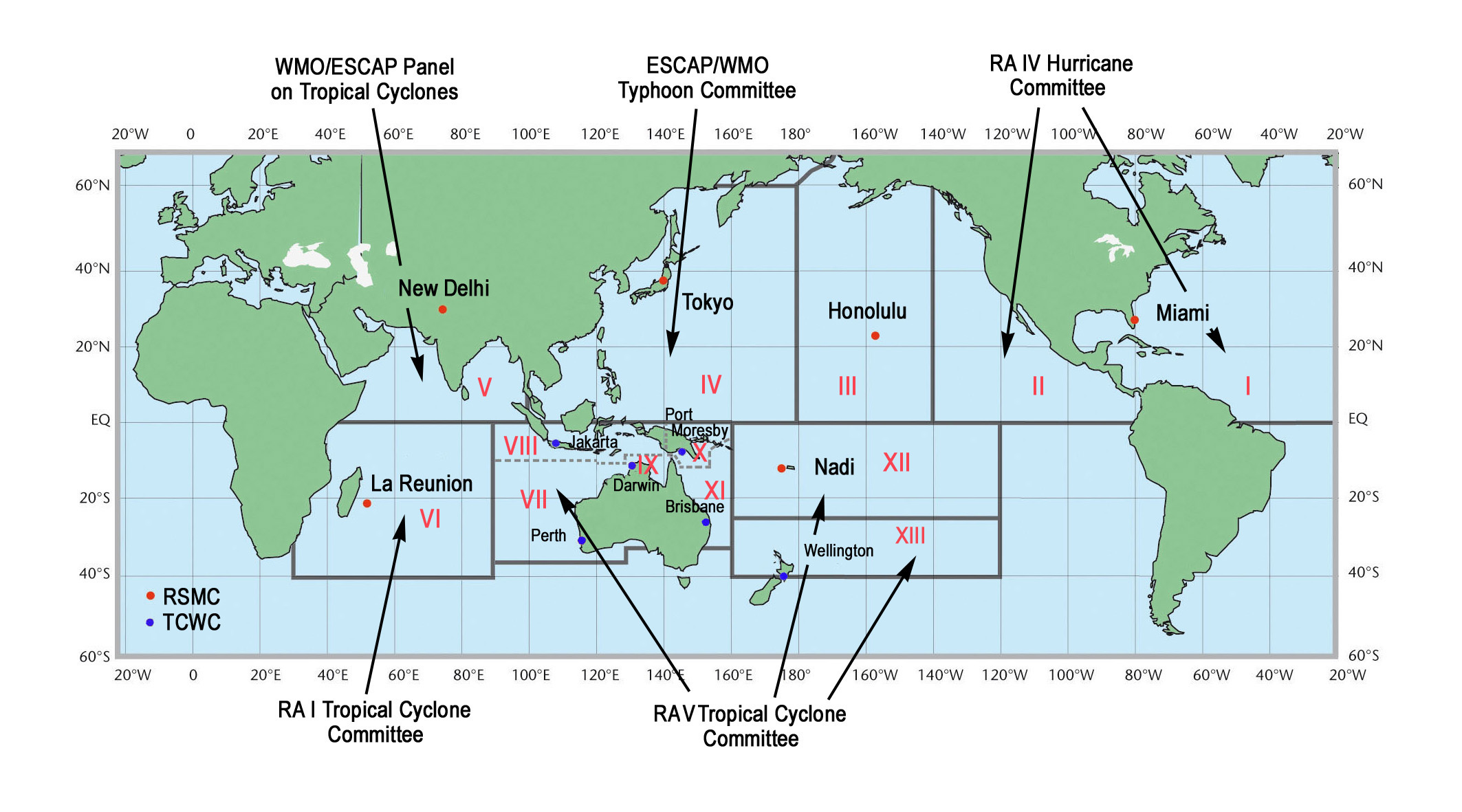The Committee advised the WHO Director-General to continue to monitor the situation closely and reconvene the Emergency Committee as needed.
Proceedings of the meeting
Members and advisors of the Emergency Committee were convened by teleconference.
Because the Chair, Dr Robert Steffen, was unable to attend the meeting in person, Dr Preben Aavitsland chaired the proceedings.
The Director-General welcomed the Committee by phone from the Democratic Republic of the Congo.
Representatives of WHO’s legal department and the department of compliance, risk management, and ethics briefed the Committee members on their roles and responsibilities, as well as the requirements of the IHR and the criteria that define a PHEIC: an extraordinary event that poses a public health risk to other countries through international spread and that requires a coordinated international response. The Committee’s role is to give advice to the Director-General, who makes the final decision on the determination of a PHEIC. The Committee also provides advice or temporary recommendations as appropriate.
Committee members were reminded of their duty of confidentiality and their responsibility to disclose personal, financial, or professional connections that might be seen to constitute a conflict of interest. Each member was surveyed and no conflicts of interest were identified.
The Chair then reviewed the agenda for the meeting and introduced the presenters. Presentations were made by representatives of the Ministry of Health of the Democratic Republic of the Congo and of the National Communicable Disease Control Commission of Uganda.
The situation in the Democratic Republic of the Congo was reviewed, including the current epidemiological situation and response strategies, including changes instituted to improve community engagement. Sustained, serious security incidents, which have resulted in injuries and deaths among responses have seriously impeded the response. There have been four waves of the outbreak since August 2018, but during the last month there has been a reduction in numbers of cases. Active case-finding for missing contacts is ongoing. Factors contributing to the ongoing outbreak include population movement, health-seeking behavior directed to traditional healers, poor infection prevention and control measures in health facilities, security challenges, and lack of involvement by political leaders.
Representatives of the National Communicable Disease Control Commission in Uganda reviewed recent cases, contacts, and contact tracing. They updated the Committee on their response actions, including notification to WHO and political involvement, and preparedness activities that have been taking place since August 2018. A national coordination task force has been activated and a rapid response team deployed. Clinical management is available in an Ebola Treatment Unit in Bwera. Screening is taking place at official points of entry. Ring vaccination will begin on 15 June.
A representative of the WHO Regional Office for Africa presented the status of regional preparedness activities, particularly in Burundi, Rwanda, South Sudan, and Uganda. Ongoing challenges were noted, especially at district/subnational levels, as well as inadequate crossborder collaboration and a lack of funding to sustain preparedness activities.
A representative of the International Organization for Migration updated the Committee on prevention, detection, and control measures at points of entry, for cross-border preparedness.
The UN Ebola Emergency Response Coordinator gave an update on the security situation and efforts to create a dynamic, nimble enabling environment to support outbreak response. There have been frequent disruptions to the response, which has had implications for increased numbers of cases. UN-wide support is needed to strengthen the public health response and coordinate international assistance. Access and community acceptance are increasing, with decreases in cases in some areas. Increases in attacks in some areas are being addressed.
The WHO Secretariat gave an update on the current situation and provided details on the response to the current Ebola outbreak and preparedness activities in neighbouring countries. The risk assessment for DRC remains very high at national and regional levels but low at global level. Risk in Uganda remains moderate at the national level and low and regional and global levels. However, the high risks of the Uganda event have been mitigated by rapid communication and coordination among authorities across jurisdictions; detection at points of entry and subsequent response activities; and operational preparedness and readiness in Uganda. A high level of cooperation and transparency between DRC and Uganda was noted with appreciation.
There has been an overall decline in case incidence in the last 5 weeks, but substantial rates of transmission continue, especially in a few hotspots. IPC measures, safe burials, and population mobility were reviewed, along with details of contact tracing. Operational scale-up was reviewed and a serious need for funding, both for the response and for preparedness, was underscored. Less than one-third of the resources needed are available; presently there is a funding shortfall of USD $54 million against $98 million needed for the response through July 2019.
Based on the above advice, the reports made by the affected States Parties, and the currently available information, the Director-General accepted the Committee’s assessment that the Ebola outbreak in the Democratic Republic of the Congo does not constitute a Public Health Emergency of International Concern. In light of the advice of the Emergency Committee, WHO advises against the application of any travel or trade restrictions. The Director-General thanked the Committee Members and Advisors for their advice.











